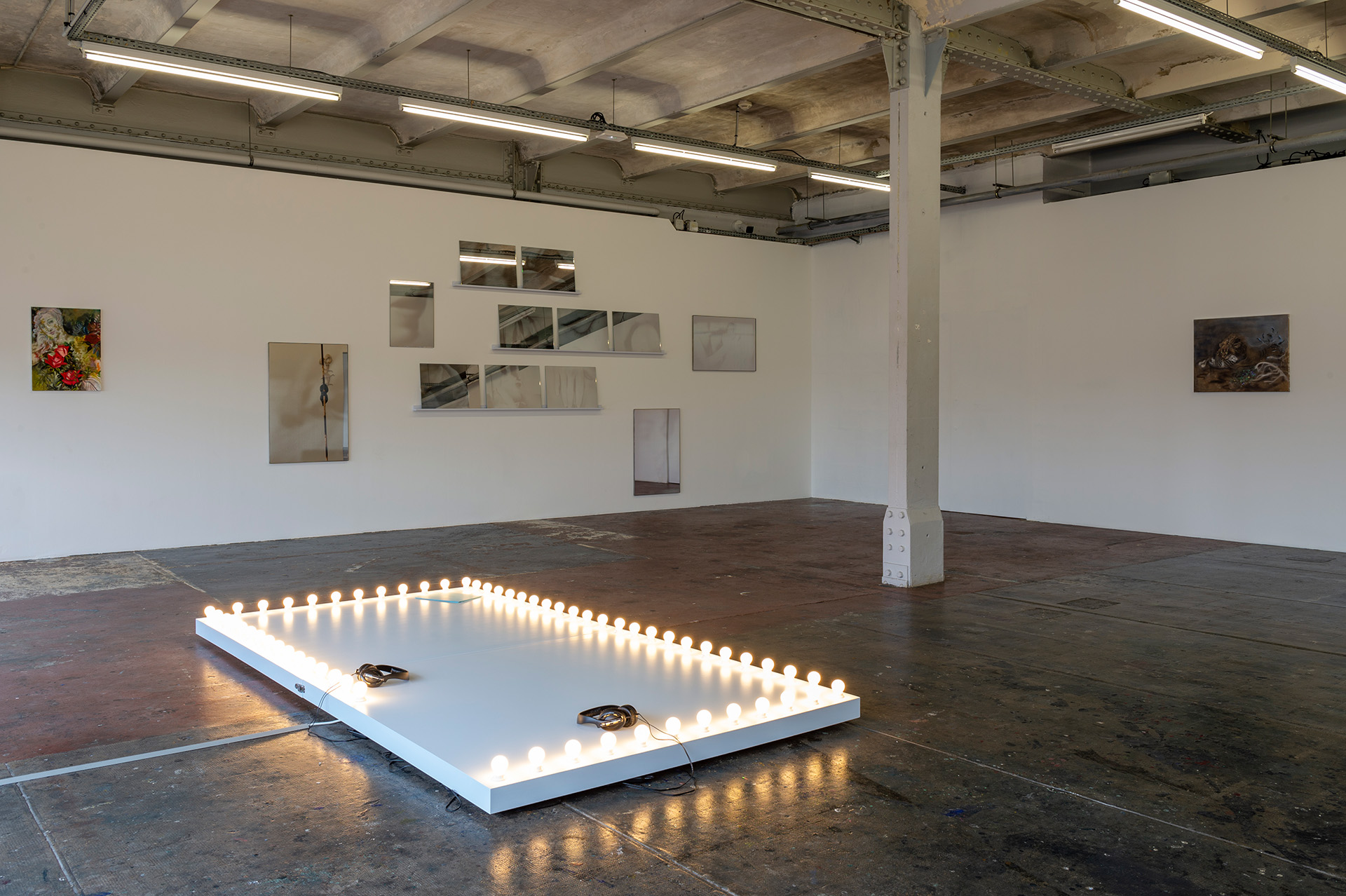Film cycle at the cinéma d’Ivry - le Luxy


As part of the exhibition La Fugitive, the Cinéma d’Ivry - Le Luxy offers a program of restored versions of classic films. Le Luxy examines, through the gaze of six female directors, the shapes that violence and moral injunctions can take, as well as desire and love and the need for emancipation and creation.
• L’une chante, l’autre pas, de Agnès Varda, 1977, 2h
One is Suzanne, a mother; the other is Pomme, an extroverted young woman. A great friendship is born between them.
From 1962 to 1977, the destinies of Suzanne and Pomme meet the great feminist struggles, which they appropriate, each in their own way. Because Agnès Varda refuses any univocity, preferring instead to make all voices heard, singing or not.
Séances du mercredi 16 novembre au mardi 22 novembre.
Plus d'informations et tarifs.
• Outrage, de Ida Lupino, 1950, 1h15
Ann is sexually assaulted one night. She tries to get on with her life after this traumatic event.
Ida Lupino, actress and director of the Hollywood golden age, appropriates a theme that was never tackled head-on at the time: the question of rape and the trauma it engenders. The film’s classic beginnings are deceptive, and Ida Lupino demonstrates her mastery of the codes of film noir in a bold plea.
Séances du mercredi 23 novembre au mardi 29 novembre.
Plus d'informations et tarifs.
• Pourquoi pas !, de Coline Serreau, 1977,1h33
Why not live and love in threes, since Alexa, Fernand and Louis fit so well together?
Coline Serreau’s first feature film, Pourquoi pas ! has kept its libertarian spirit and its joyful audacity. To rediscover this film today is not only to plunge back into the atmosphere of the 1970s, but also to see how the work has kept all its topicality and the relevance of its questioning.
Séances du dimanche 4 décembre au mardi 13 décembre.
Le dimanche 4 décembre à 17:30, séance suivie d’une rencontre avec la réalisatrice Coline Serreau.
Plus d'informations et tarifs.
• Sois belle et tais-toi !, de Delphine Seyrig, 1986, 1h52
One year after the theorization of “male gaze” by Laura Mulvey, and five years before the appearance of the famous Bechdel test, Delphine Seyrig embarked on an ambitious project: that of exposing the latent sexism in the film productions of the time and to make the reality of what these women live. A cult documentary that, 40 years before the emergence of the #MeToo movement, resonates strongly with our time.
Séance unique le dimanche 11 décembre.
15h30 visite de l’exposition La Fugitive au Crédac avec la curatrice, Ana Mendoza Aldana. Entrée libre, visite gratuite.
17h30 projection du film au Luxy suivie d’une rencontre. Pass préférentiel à 3,50 euros à retirer au Crédac.
Plus d’informations.
• Olivia, de Jacqueline Audry, 1951, 1h35
In 1890, Mademoiselle Julie and her companion and associate Mademoiselle Cara run the Avons boarding school, which welcomes young girls from good families. Mademoiselle Julie’s unsettling charm and personality fascinate the young boarders, and it isn’t long before she bewitches Olivia, a new arrival.
The 1951 release of this film, directed by a woman, written by a woman, adapted from a novel written by a woman, and acted by women, was a major event: the press gave both laudatory and outraged verdicts.
Séances du 14 au 20 décembre.
Plus d’informations.
• Variety, de Bette Gordon, 1983, 1h40
New York, early 1980s. Christine is desperate for work and lands a job in a pornographic movie theater in the heart of Times Square.
By reversing the roles of voyeur and object, Bette Gordon masterfully subverts the codes of film noir. By anchoring her female character who spies instead of being spied on, the filmmaker questions the relationship between desire and representation, while questioning our insatiable appetite for stories that repeat themselves before reaching finally expected resolutions.
Séances du 21 au 27 décembre.
Plus d'informations.
